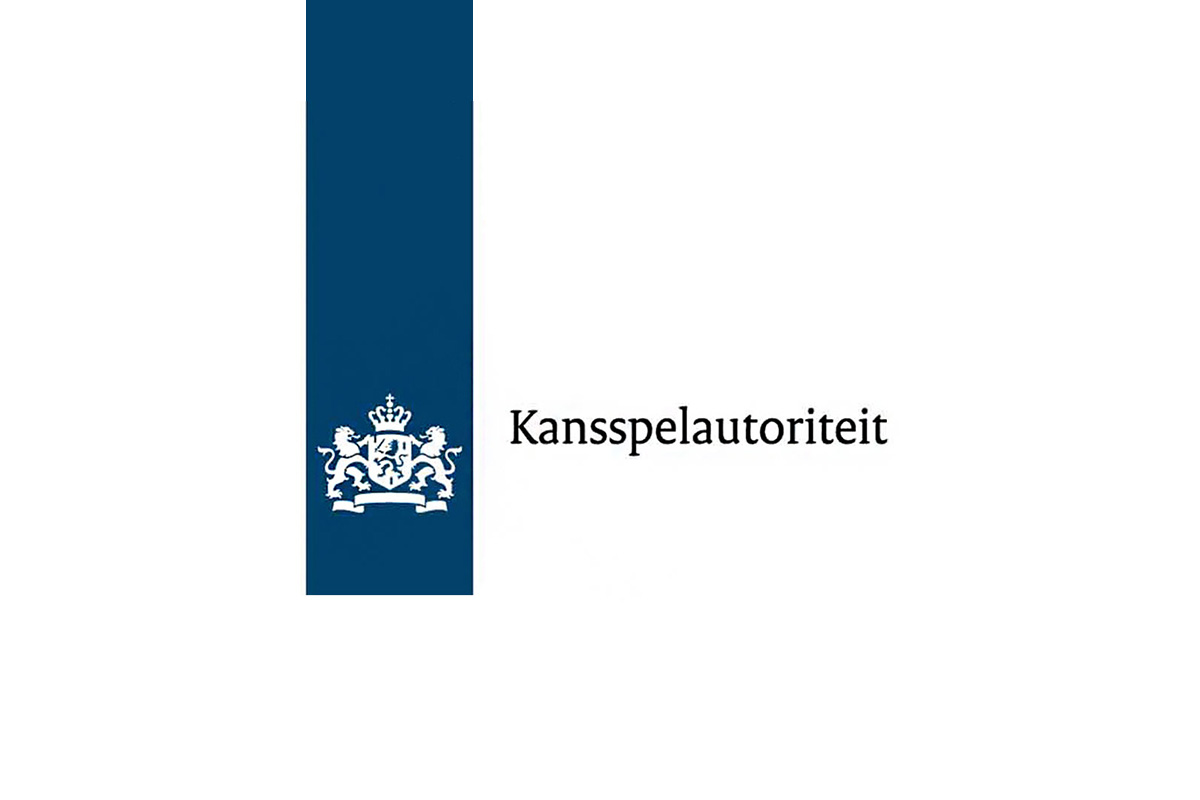Compliance Updates
Navigating the Complexities of Gambling Compliance: A Look at Recent Decisions and Regulations in California

In the intricate and highly regulated world of gambling and betting, staying compliant with the myriad of rules and regulations is crucial for every entity involved. Recent developments in the regulatory landscape highlight the ongoing efforts to ensure fair and responsible gambling practices. This article delves into the latest decisions and requirements as outlined in a recent commission meeting of the California Gambling Control Commission (CGCC) held on January 25, 2024.
Ensuring Compliance in Cardrooms
A key focus in the meeting was the compliance of cardrooms with regulatory standards. Before opening for business, cardroom owners must submit a comprehensive Business Entity Supplemental Information form, including the new address of the gambling establishment. This requirement underscores the need for transparency and up-to-date information in gambling operations.
Additionally, cardrooms must adhere to specific relocation requirements, hold a valid business license, and have an approved Safety and Security Plan, alongside an Emergency and Evacuation Plan. These measures are not just bureaucratic formalities; they are vital for the safety and security of patrons and staff.
License Renewals and Considerations
The commission meeting also discussed several key employee and third-party proposition player services employee license renewals and applications. For example, the renewal application for Brandon Wong was put forth with two options – approval through January 31, 2026, or referral to an evidentiary hearing. This case illustrates the careful scrutiny applied to individuals involved in the gambling sector.
In another instance, the initial application of Devin Willis from Faros Unlimited, Inc., was recommended for approval, reflecting the commission’s confidence in the applicant’s ability to adhere to regulatory standards.
Addressing Individual Cases with Sensitivity
Particularly noteworthy were the individualized conditions and considerations given to various applicants. For instance, Johan Navarrete Rodriguez from Knighted Ventures, LLC, was required to provide proof of efforts to resolve a Failure to Appear fine. This level of detail in regulatory oversight ensures that each case is addressed with the appropriate level of scrutiny and consideration.
The Broader Picture: Ensuring a Safe Gambling Environment
These decisions and regulations are part of a broader effort to maintain a safe, fair, and responsible gambling environment. By requiring detailed plans for safety, security, and emergency procedures, and by scrutinizing the backgrounds and activities of key employees and third-party service providers, regulatory bodies are working to uphold high standards in the gambling industry.
In conclusion, the decisions made in the January 25, 2024 commission meeting reflect the ongoing commitment to regulatory compliance in the gambling sector. By staying vigilant and adaptive to changing circumstances and challenges, the commission ensures that the gambling industry operates within a framework that protects all stakeholders involved.
Compliance Updates
How Curacao new AML requirements differ from other flexible license jurisdictions

By: Dmitry Hotsyn, Senior Consultant and Head of CIS Desk at 4H Agency
Discussing Anti-Money Laundering (AML) rules in a way that keeps everyone awake is a real challenge. The iGaming industry often overlooks anything filled with jargon like KYC, AML, CDD, and SoWs—terms that just breed myths and misconceptions about jurisdictions supposedly having lax AML standards and low compliance burdens. For a while, Curacao was viewed as one of these almost mythical places.
Not anymore.
A significant shake-up has occurred with Curacao’s latest overhaul of its AML regulations, set to take effect on September 1, 2024. This update has triggered quite a bit of debate among gambling operators who view these new rules as unwelcoming, especially since Curacao is known for its sluggish pace in updating its gambling regulations.
But may it really be as bad as Curaçao’s deadline management?
Curacao’s AML Regulatory Changes: An Overview
Curacao is continuously revamping its regulatory frameworks, taking a page from Malta’s book — Maltifying the industry may work best to describe this process. The new AML rules, while perceived as burdensome, are in fact a balanced update alligning the Curacao practices with generally acceptable standards. Key aspects of the new regulations include:
- Clear Customer Due Diligence (CDD) thresholds: Operators must conduct CDD at the earliest practical time, but no later than when a player engages in a transaction amounting to approximately EUR 2200;
- Sanction and Politically Exposed Persons (PEP) Screening: Mandatory for at least EU, US and UN sanctions lists;
- High-Risk Indicators: A detailed list of indicators for high-risk cases has been provided, noting that the use of cryptocurrencies increases risk, though it is not outright prohibited;
- AML Officer Role: Each operator shall have a dedicated AML officer, equipped with sufficient resources and headcount to manage risks effectively;
- Policies and Guides: Ah year, more internal docs, rules and practice guides are expected from the operators holding licences in Curacao.
Despite the extensive nature of Curacao’s new rules, in essence, they closely resemble those enforced in Malta and other EU countries, as well as competing jurisdictions offering flexible licenses. The upcoming webinar hosted by 4H Agency and Hipther Agency will delve into these comparisons, focusing on jurisdictions like Anjouan, Kanawake, and Tobique, alongside Curacao.
Key Insights on AML Across Jurisdictions
- Detailed AML Frameworks: Curacao and Tobique lead with the most comprehensive AML regulations. Kanawake’s requirements are also robust albeit not as detailes as Curacao rules;
- CDD Thresholds: Similar financial thresholds exist across these jurisdictions (approximately EUR 2000), with varied stipulations on the timing of CDD post-player registration (again, Curacao is not the leader here);
- Outsourcing AML Functions: All jurisdictions permit outsourcing some AML activities to third-party providers, providing flexibility in compliance strategies;
- Stringency of Regulations: Tobique’s regulations are notably stringent, casually requiring additional checks like adverse media searches to identify higher risk profiles;
- Anjouan the Outlier: Anjouan stands out for its outdated AML framework, lacking specific provisions for the gambling sector. For now, this could attract operators seeking more AML-friendly environments. However, Anjouan will inevitably follow the Curacao’s reformatory steps if the country intends to make iGaming an important factor of the now-struggling economy.
The evolution of AML regulations in Curacao represents a predictable shift towards more robust regulatory environment, aligning more closely with global standards. While initially perceived as onerous, these changes are in line not only with international practices, but with the rules already in force in a competing jurisdaction.
Our upcoming webinar will further explore these developments, providing attendees with comprehensive insights into flexible licensing options in 2024.
The post How Curacao new AML requirements differ from other flexible license jurisdictions appeared first on European Gaming Industry News.
Compliance Updates
Dutch Regulator Warns JOI Gaming Over Use of Celebrities

JOI Gaming, the operator of gambling brand Jacks in the Netherlands, has been warned it could face a maximum penalty of €1m if it repeats a violation of breaches of the ban on role models in gambling marketing.
The Dutch gambling regulator, Kansspelautoriteit (KSA), said that at the Jack’s Racing Day event in 2023, role models for the operator signed caps with the event logo and the Jacks brand name.
Meanwhile, role models posing with hostesses wearing corporate clothing with the Jacks logo were pictured and posted on the Jack’s Racing Day website and on social media.
“These posts were still available when the order was imposed. If JOI Gaming does not remove these statements immediately, the company must pay a penalty of €50,000 per day,” the KSA said.
If the violation is repeated in the run-up to or during future editions of Jack’s Racing Day, JOI Gaming must pay a penalty of €200,000 per day with a maximum penalty of €1m, the regulator said.
Jack’s Racing Day 2024 is set to be held on August 2-4 at TT Circuit Assen. “To protect vulnerable groups such as young people and risk and problem gamblers, strict rules apply to the use of role models for gambling advertising,” the KSA said in a statement.
“Role models include celebrities, (former) professional footballers, influencers and models. The use of role models is prohibited for high-risk gambling, such as casinos and online gambling.
“For lower-risk gambling, such as lotteries, they may be used under strict conditions.”
The post Dutch Regulator Warns JOI Gaming Over Use of Celebrities appeared first on European Gaming Industry News.
Compliance Updates
Danish Authorities Form Agreement to Tackle Illegal Gambling Marketing

In a new agreement between the Consumer Ombudsman, the Gambling Authority and the Gambling Board, the authorities and the board will coordinate their efforts when they have to take action against gambling companies’ illegal marketing of games in Denmark.
Gambling companies’ marketing can cross jurisdictions. Therefore, the Consumer Ombudsman, the Gambling Authority and the Spilreklamenævnet have just entered into a cooperation agreement with a view to avoiding duplication of effort and strengthening the overall coordinated effort when it comes to the regulation of gambling companies’ marketing in Denmark.
The Gambling Advertising Board will forward cases to the Consumer Ombudsman or the Gambling Authority if gaming companies do not comply with the board’s criticism, or if the board finds violations of the authorities’ rules by a company.
Conversely, the Consumer Ombudsman and the Gambling Authority will inform complainants of the possibility to complain to the Gambling Advertising Board if a company breaks the industry’s code of conduct, but not the rules handled by either the Consumer Ombudsman or the Gambling Authority.
The Consumer Ombudsman and the Gambling Authority oversee various areas in relation to the marketing of games. The Consumer Ombudsman is responsible for the supervision of gambling companies’ compliance with the Marketing Act, as well as other consumer protection rules, while the Gambling Authority supervises compliance with the rules on the marketing of games in section 36, subsection of the Gambling Act. 1, as well as the rules on sales promotion measures in relevant gaming announcements.
The Gaming Advertising Board, which is a board set up by players in the gaming industry, handles complaints about gaming companies’ marketing that is in breach of the industry’s code of conduct. The purpose of the code is to strengthen the social responsibility of the industry’s marketing towards vulnerable groups and children, as well as to limit gambling addiction.
It has been agreed that the Consumer Ombudsman, the Gambling Authority and the Gambling Advertising Board will regularly inform each other of relevant cases, as well as hold annual meetings.
Consumer Ombudsman Torben Jensen said: “Our new cooperation agreement with the Gambling Authority and the Gambling Advertising Board strengthens our supervision of gambling companies’ marketing. The agreement involves better internal communication, ensures coordination and prevents duplication of work, which benefits consumers.”
The post Danish Authorities Form Agreement to Tackle Illegal Gambling Marketing appeared first on European Gaming Industry News.
-
Uncategorized3 days ago
Musburger Media Purchases VSiN, The Sports Betting Network
-
Uncategorized2 days ago
GGPoker & Triton Poker Offer High-Roller And Super-High-Roller Events At 2024 WSOP Paradise
-
Uncategorized3 days ago
Betmotion unveils ‘Jogos do Betmotion’ competition to celebrate 2024 Olympics
-
Uncategorized3 days ago
GGPoker & Triton Poker Offer High-Roller And Super-High-Roller Events At 2024 WSOP Paradise
-
Uncategorized2 days ago
Arizona Department of Gaming Releases May Sports Betting Figures
-
Uncategorized1 day ago
QTech Games recruits David Camacho to take the lead for LatAm markets
-
Uncategorized1 day ago
QTech Games recruits David Camacho to take the lead for LatAm markets
-
Uncategorized1 day ago
QTech Games recruits David Camacho to take the lead for LatAm markets





